Book Bullying with Amazon Stars

Interesting. A while back A Fuse #8 Production took a close look the what-fors and what-have-yous of the Amazon Vineâ„¢ review program as it related to children’s literature (click here to read). One item she touched on was the fact that negative reviews often came from people who didn’t find the book appropriate for their child, and thus gave an unfavorable critique. Today I came across an article about Amazon stars on technology blog TechCrunch that caught my eye in a similar way – book reviews based on something other than the actual quality of the book.
ADVERTISEMENT
ADVERTISEMENT
The adult title The Big Short: Inside the Doomsday Machine by Michael Lewis has been a huge success. It was featured on 60 Minutes and in TIME Magazine, vaulting it to the top of the Amazon sales rankings. Critical reviews (like this one in the Washington Post) have been quite positive. However, the star rating for the book would have you think otherwise.
Seems pretty bad, yes? The thing is, many of these low ratings have nothing to do with the content of the book. It turns out that a large portion are due to the fact that The Big Short can’t be read on the Kindle yet.
Accompanying the single stars are reviews with titles like “Greedy Publisher – Accept Reality- Ebooks Are Here To Stay” and “Another Sad Kindle Owner Hoping for Retribution.”
These folks are upset that W. W. Norton & Company (and other publishers) delay release of the ebook version of their titles. Publishers would likely say this delay has a lot to do with the low price that Amazon forces sets for the format. A price that Macmillan and Amazon famously butted heads over back in January. In short, it’s complicated (the TechCrunch piece has more info on the price issue).
Of course, books that “the critics†(see: newspapers, magazines, journals, blogs) don’t like become popular all the time (hello, LA Candy!), but few popular, well-received books get the lowly 2 ½ star rating that The Big Short has going. LA Candy? 3 ½ stars.
So what does this mean? TechCruch quotes Barry Ritholtz, who calls this practice “collective bullying”. I agree, but my feelings are, as always, mixed. The democracy-lover in me likes the fact that customers can use the stars as a tool for making their voices heard. The message here is pretty clear: we want the ebook now. Depending on how big this story gets, I would hazard to guess that it will cause at least a couple publishers to revisit their ebook strategies. The people win, right?
On the other hand, these folks aren’t reviewing the book. They’re simply mad they can’t read it in the format they prefer. And since lots of people look at the stars to help decide if the book is worth buying, it hurts the author’s reputation and sales. Authors, it appears, lose. Not good.
Filed under: Articles
About Travis Jonker
Travis Jonker is an elementary school librarian in Michigan. He writes reviews (and the occasional article or two) for School Library Journal and is a member of the 2014 Caldecott committee. You can email Travis at scopenotes@gmail.com, or follow him on Twitter: @100scopenotes.
ADVERTISEMENT
ADVERTISEMENT
SLJ Blog Network
This Q&A is Going Exactly As Planned: A Talk with Tao Nyeu About Her Latest Book
Family Style: Memories of an American from Vietnam | Review
Parsing Religion in Public Schools
Environmental Mystery for Middle Grade Readers, a guest post by Rae Chalmers
ADVERTISEMENT

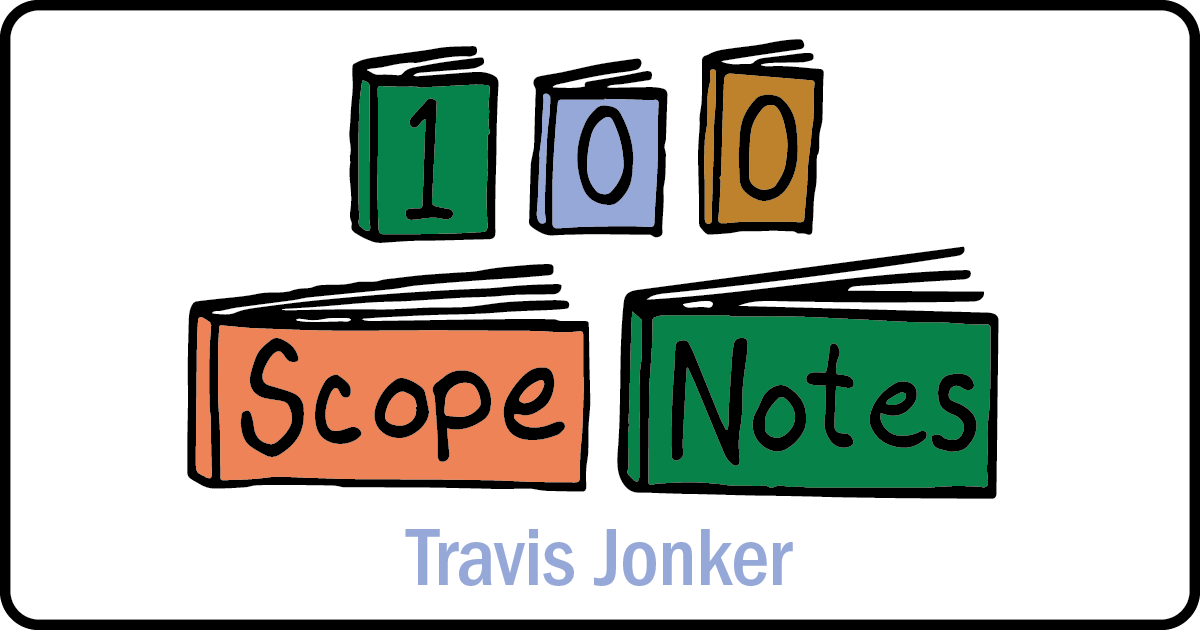

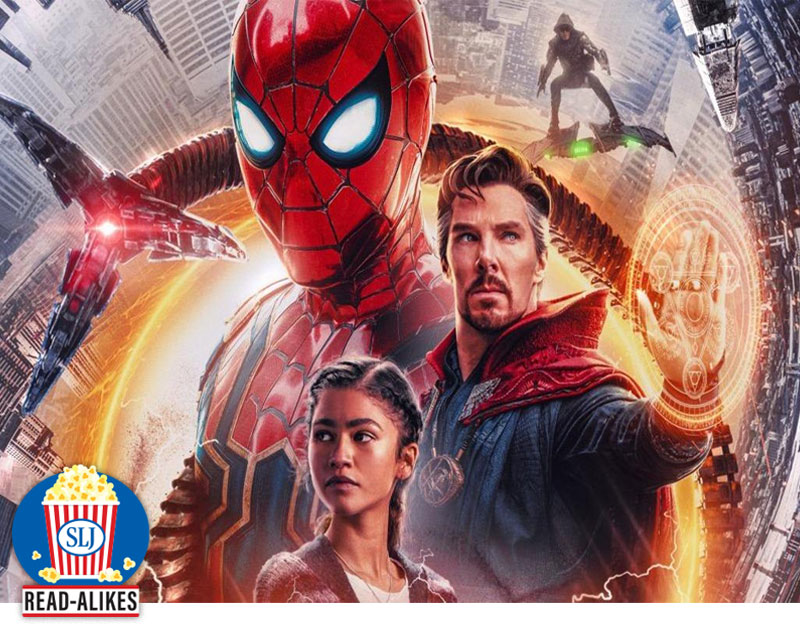
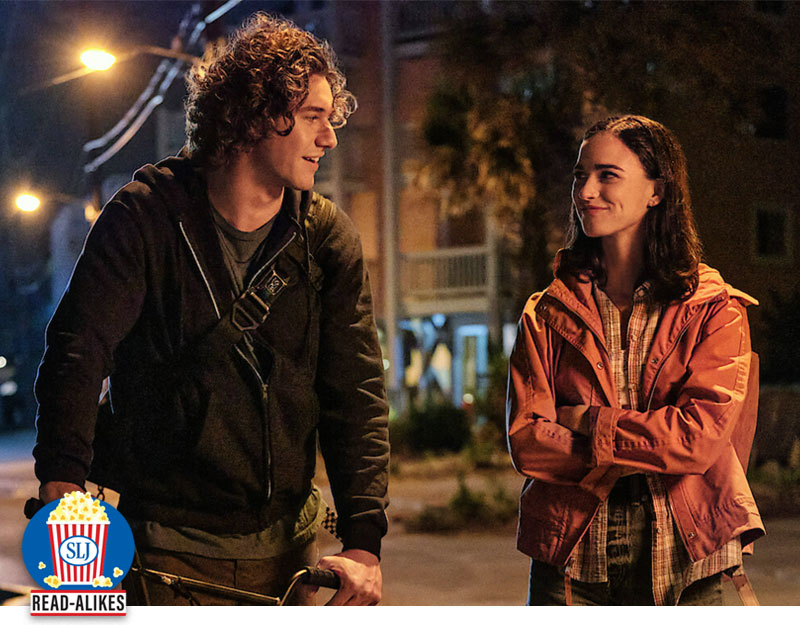

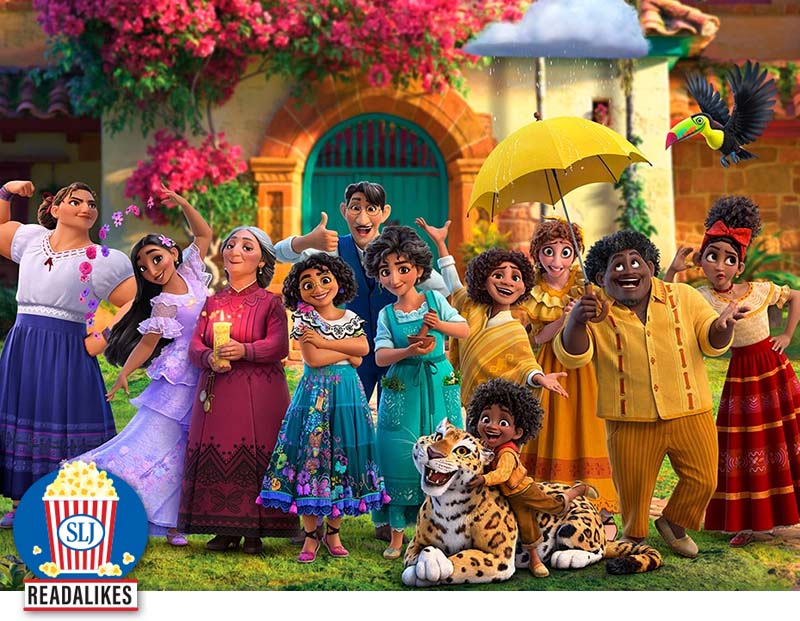
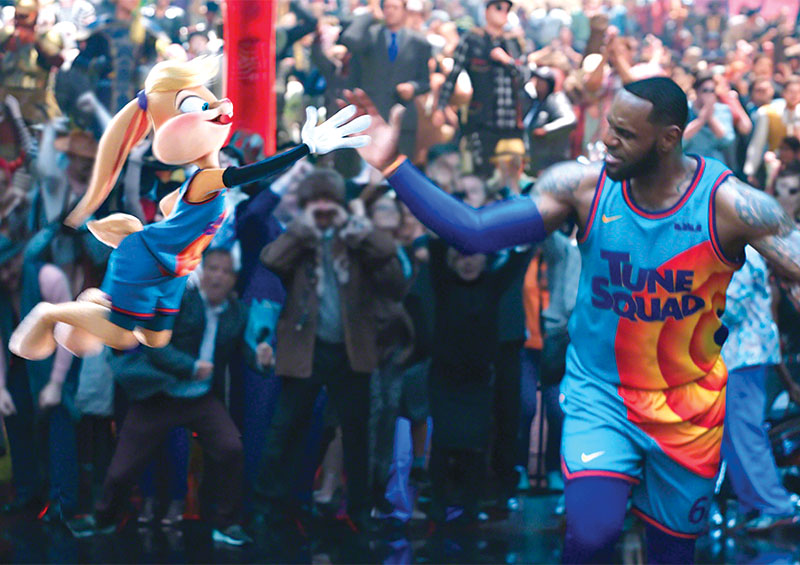
I’m used to this kind of nonsense. I enjoy reading popular science books, especially biology and creationists are always doing the one star thing because they reject the scientific consensus on evolution. I basically don’t pay attention to Amazon raters, preferring published reviews and trusted word of mouth instead. I noticed that one star thing happening the Michael Lewis book, but quickly realized what was going on.
Thanks for posting on it though. Good example of thinking critically and not just taking the star ratings for granted.
Thanks for your thoughts – I didn’t think about how this sort of thing relates to the evolution vs creationist debate as well.
Sigh. The star ratings on Amazon annoy me to no end just because of things like this. Take, for instance, The Trouble Begins at 8, a fabulous biography of Mark Twain written for young readers. One customer (an Amazon Vine reviewer, it must be noted) gave it a one-star rating because it was written for young readers and not for adults. How is that in any way productive?
I’ve come to trust GoodReads and LibraryThing more for ratings and reviews “from the people”, but I always take Amazon ratings with a whole handful of salt. (Maybe Amazon could add additional rating measures for things like promptness of shipping, formats available, or, um, how well a book fits with your particular belief system?)
The TechCrunch article suggests changing the system as well – by only allowing those who’ve purchased the book to review it. I’m not sure if that’s the fix since plenty of people read and review books they don’t actually purchase themselves (librarians, people who get ARCs, etc.). The whole star rating thing reminds me of a Read Roger post a while back about the trend toward using stars “as critical shorthand”. http://www.hbook.com/blog/2008/09/star-bar.html